Ghost Species
 It’s Sunday morning and I’m sitting on the beach beside the steel gantries and fuel tanks of Botany Bay’s container terminal watching my kids build a sandcastle by the water’s edge, a structure that keeps collapsing because the waves keep hitting it. But what I can’t get out of my head is the section of Kim Stanley Robinson’s new novel, New York 2140, I read this morning, in which an unnamed narrator offers an imaginary account of the first sudden sea level rise in the 2040s. It’s a possibility I’ve also imagined in Ghost Species, the adult novel I’m writing (although mine is done from a more personal, experiential perspective), but simultaneously it’s a scenario that no matter how difficult it is for us to comprehend is now pretty much assured even if we do get emissions under control (as Elizabeth Kolbert wrote recently, “once feedbacks take over, the climate can change quickly, and it can change radically … It’s likely that the “floodgates” are already open, and that large sections of Greenland and Antarctica are fated to melt. It’s just the ice in front of us that’s still frozen”). All of which means this beach, a lot of this city, most coastal habitats, mangroves and reefs and, I suspect, much of our world, are all already lost, swept away by the ocean, like the bathetically symbolic sandcastle my kids are trying to build against the backdrop of the engine of global trade. Is there a word for his prospective grief, this knowledge nothing here will remain? For all the species and ecosystems that still linger, although they are already lost? For the way I feel when I watch my kids, and know that however safe the world they inhabit seems the future holds dislocation and disaster, or for my own uncertainty about what I should be teaching them? In his book Orison for a Curlew the writer Horatio Clare talks about Greece’s economic ruin being a cenotaph for our society, I wonder whether this moment might be another.
It’s Sunday morning and I’m sitting on the beach beside the steel gantries and fuel tanks of Botany Bay’s container terminal watching my kids build a sandcastle by the water’s edge, a structure that keeps collapsing because the waves keep hitting it. But what I can’t get out of my head is the section of Kim Stanley Robinson’s new novel, New York 2140, I read this morning, in which an unnamed narrator offers an imaginary account of the first sudden sea level rise in the 2040s. It’s a possibility I’ve also imagined in Ghost Species, the adult novel I’m writing (although mine is done from a more personal, experiential perspective), but simultaneously it’s a scenario that no matter how difficult it is for us to comprehend is now pretty much assured even if we do get emissions under control (as Elizabeth Kolbert wrote recently, “once feedbacks take over, the climate can change quickly, and it can change radically … It’s likely that the “floodgates” are already open, and that large sections of Greenland and Antarctica are fated to melt. It’s just the ice in front of us that’s still frozen”). All of which means this beach, a lot of this city, most coastal habitats, mangroves and reefs and, I suspect, much of our world, are all already lost, swept away by the ocean, like the bathetically symbolic sandcastle my kids are trying to build against the backdrop of the engine of global trade. Is there a word for his prospective grief, this knowledge nothing here will remain? For all the species and ecosystems that still linger, although they are already lost? For the way I feel when I watch my kids, and know that however safe the world they inhabit seems the future holds dislocation and disaster, or for my own uncertainty about what I should be teaching them? In his book Orison for a Curlew the writer Horatio Clare talks about Greece’s economic ruin being a cenotaph for our society, I wonder whether this moment might be another.



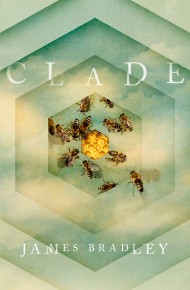

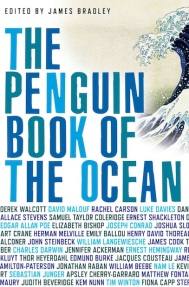
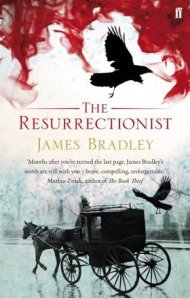
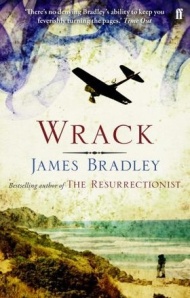
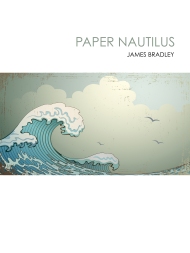
Trackbacks & Pingbacks